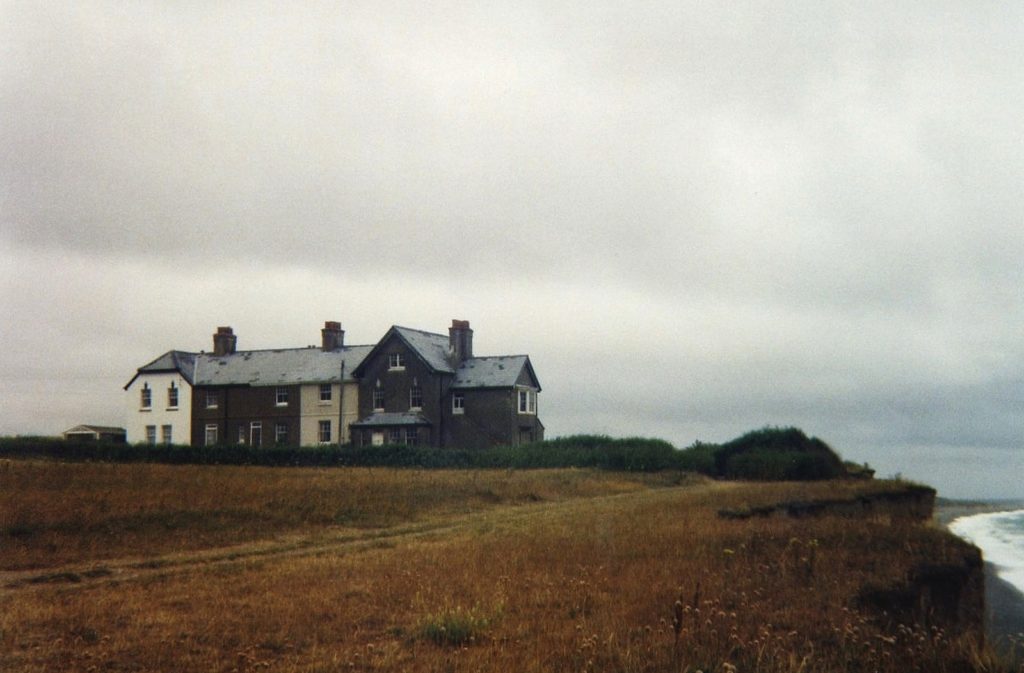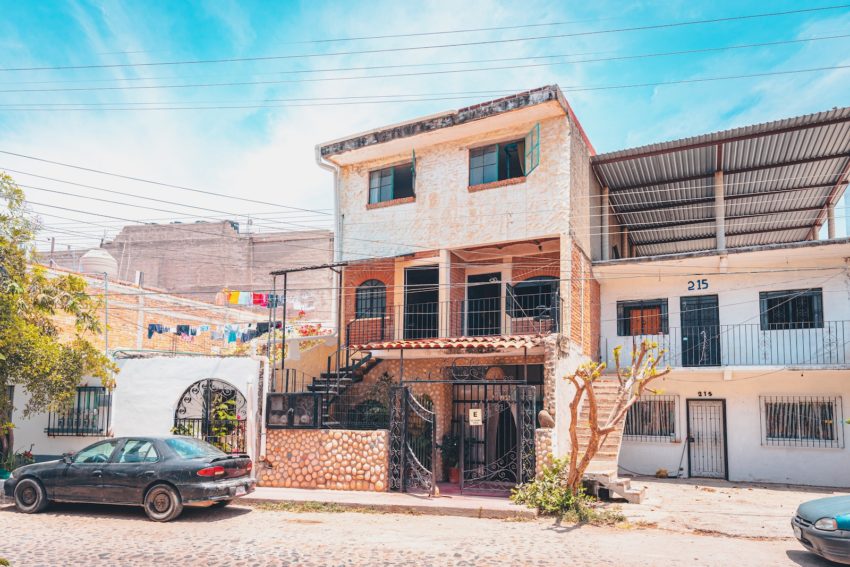Are you intrigued by the idea of investing in distressed real estate? Whether you’re a seasoned investor or just starting in the world of real estate, understanding how to find distressed properties can be a game-changer. In this comprehensive guide, we’ll delve into the strategies, techniques, and insights needed to uncover hidden gems in the real estate market. Let’s embark on this journey to discover “how to find distressed real estate.”

How to Find Distressed Real Estate
Finding distressed real estate involves a mix of expertise, research, and strategic thinking. Here’s how you can get started:
Understanding the Concept
Distressed real estate refers to properties facing financial difficulties, often due to foreclosure, neglect, or structural issues. These properties can present incredible investment opportunities if you know where to look.
Why Invest in Distressed Real Estate?
Before diving in, it’s essential to understand the benefits of investing in distressed properties. These include the potential for significant returns on investment, lower purchase prices, and the chance to revitalize a community.
Conducting Market Research
Begin your journey by researching your local real estate market. Identify areas where distressed properties are more prevalent. Online tools, such as real estate websites and local government databases, can be invaluable for this purpose.
Building a Network
Real estate is a people-driven industry. Networking with real estate agents, investors, and property managers can provide valuable leads on distressed properties. Attend local real estate events and join online forums to expand your network.
Exploring Auctions and Foreclosures
Auctions and foreclosures are treasure troves for distressed real estate. Research upcoming auctions in your area and attend them with a clear budget and a discerning eye.
Analyzing Property Condition
When you come across a potential distressed property, assess its condition thoroughly. Hire a qualified home inspector to uncover hidden issues and estimate repair costs.
Securing Financing
Securing financing for distressed properties can be trickier than for conventional real estate. Explore options like hard money loans, private lenders, or tapping into your investment portfolio.
Making an Offer
Craft a compelling offer that factors in your purchase price, repair costs, and desired profit margin. Be prepared for negotiations, as distressed property sellers may be motivated to close deals quickly.
Due Diligence
Before finalizing the purchase, conduct due diligence, including title searches and zoning reviews. Ensure that there are no legal complications associated with the property.
The Renovation Process
Once you’ve acquired a distressed property, plan and execute renovations carefully. Focus on improvements that maximize the property’s value and appeal to potential buyers or renters.
Marketing and Selling
Market the renovated property effectively. Leverage both online and offline channels to attract potential buyers or tenants. A well-executed marketing strategy can lead to a swift sale or rental.
Frequently Asked Questions

How do I finance the purchase of distressed real estate?
There are various financing options, including hard money loans and private lenders, tailored to the unique challenges of distressed real estate.
Are distressed properties always a good investment?
Not necessarily. Thorough research and due diligence are crucial to identify properties with the potential for a profitable return on investment.
Can I buy distressed real estate with little or no experience?
While experience can be an advantage, many successful investors started with no prior real estate knowledge. Learning and networking are key.
What are the risks associated with distressed real estate?
Risks include unexpected repair costs, legal issues, and market fluctuations. Mitigate these risks with thorough research and planning.
How long does it take to see a return on investment with distressed properties?
The timeline varies depending on factors like the property’s condition, location, and the extent of renovations. Patience is often required.
Can I invest in distressed real estate remotely?
Yes, remote investing is possible, but it requires strong networking, reliable contractors, and thorough research to succeed.
Conclusion
Investing in distressed real estate can be a rewarding venture, but it requires dedication, knowledge, and a strategic approach. By following the steps outlined in this guide and staying informed about market trends, you can unlock the potential of distressed properties and achieve your real estate investment goals.
